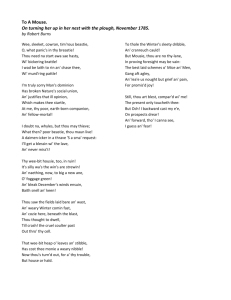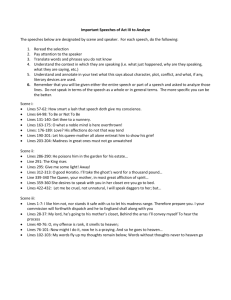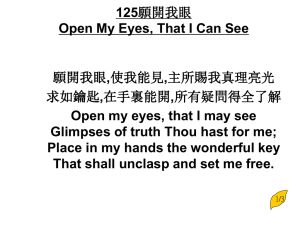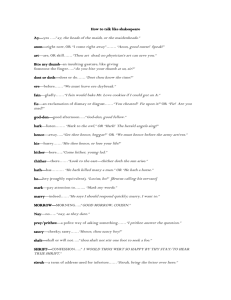P. B. Shelley
advertisement
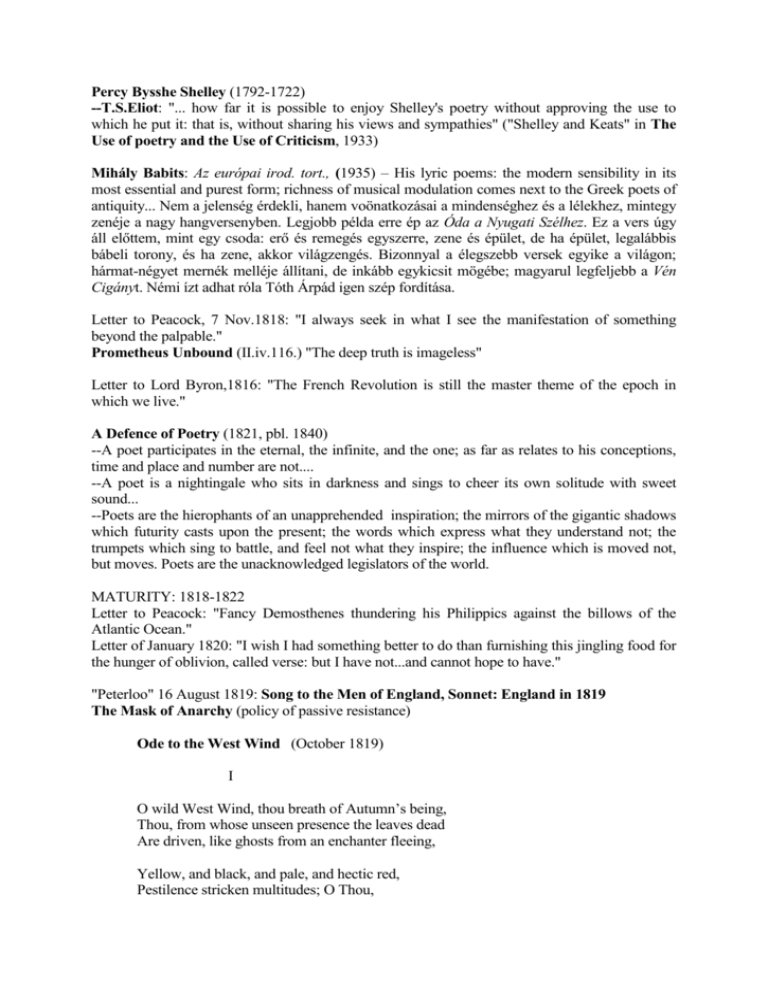
Percy Bysshe Shelley (1792-1722) --T.S.Eliot: "... how far it is possible to enjoy Shelley's poetry without approving the use to which he put it: that is, without sharing his views and sympathies" ("Shelley and Keats" in The Use of poetry and the Use of Criticism, 1933) Mihály Babits: Az európai irod. tort., (1935) – His lyric poems: the modern sensibility in its most essential and purest form; richness of musical modulation comes next to the Greek poets of antiquity... Nem a jelenség érdekli, hanem voönatkozásai a mindenséghez és a lélekhez, mintegy zenéje a nagy hangversenyben. Legjobb példa erre ép az Óda a Nyugati Szélhez. Ez a vers úgy áll előttem, mint egy csoda: erő és remegés egyszerre, zene és épület, de ha épület, legalábbis bábeli torony, és ha zene, akkor világzengés. Bizonnyal a élegszebb versek egyike a világon; hármat-négyet mernék melléje állítani, de inkább egykicsit mögébe; magyarul legfeljebb a Vén Cigányt. Némi ízt adhat róla Tóth Árpád igen szép fordítása. Letter to Peacock, 7 Nov.1818: "I always seek in what I see the manifestation of something beyond the palpable." Prometheus Unbound (II.iv.116.) "The deep truth is imageless" Letter to Lord Byron,1816: "The French Revolution is still the master theme of the epoch in which we live." A Defence of Poetry (1821, pbl. 1840) --A poet participates in the eternal, the infinite, and the one; as far as relates to his conceptions, time and place and number are not.... --A poet is a nightingale who sits in darkness and sings to cheer its own solitude with sweet sound... --Poets are the hierophants of an unapprehended inspiration; the mirrors of the gigantic shadows which futurity casts upon the present; the words which express what they understand not; the trumpets which sing to battle, and feel not what they inspire; the influence which is moved not, but moves. Poets are the unacknowledged legislators of the world. MATURITY: 1818-1822 Letter to Peacock: "Fancy Demosthenes thundering his Philippics against the billows of the Atlantic Ocean." Letter of January 1820: "I wish I had something better to do than furnishing this jingling food for the hunger of oblivion, called verse: but I have not...and cannot hope to have." "Peterloo" 16 August 1819: Song to the Men of England, Sonnet: England in 1819 The Mask of Anarchy (policy of passive resistance) Ode to the West Wind (October 1819) I O wild West Wind, thou breath of Autumn’s being, Thou, from whose unseen presence the leaves dead Are driven, like ghosts from an enchanter fleeing, Yellow, and black, and pale, and hectic red, Pestilence stricken multitudes; O Thou, Who chariotest their dark wintry bed The winged seeds, where they lie cold and low, Each like a corpse within its grave, until Thine azure sister of the Spring shall blow Her clarion o’er dreaming earth, and fill (Driving sweet buds like flocks to feed in air) With living hues and odours plain and hill: Wild Spirit, which art moving everywhere; Destroyer and preserver; hear, O hear! II Thou on whose stream, ‘mid the steep sky’s commotion, Loose clouds like Earth’s decaying leaves are shed, Shook from the tangled boughs of Heaven and Ocean, Angels of rain and lightning: there are spread On the blue surface of thy aery surge Like the bright hair uplifted from the head Of some fierce Meanad, even from the dim verge Of the horizon to the zenith’s height, The locks of an approaching storm. Thou Dirge Of the dying year, to which this closing night Will be the dome of a vast sepulchre, Vaulted by all thy congregated might Of vapours. from whose solid atmosphere Black rain and fire and hail will burst: O hear! III Thou who didst waken from his summer dreams The blue Mediterranean, where he lay, Lulled by the coil of his chrystalline streams, Beside a pumice isle in Baiae’s bay, And saw in sleep old palaces and towers Quivering within the wave’s intenser day, All overgrown with azure moss and flowers So sweet, the sense faints picturing them! Thou For whose path the Atlantic’s level powers Cleave themselves into chasms, while far below The sea-blooms and the oozy woods which wear The sapless foliage of the ocean, know Thy voice, and suddenly grow grey with fear, And tremble and despoil themselves: O hear! IV If I were a dead leaf thou mightest bear; If I were a swift cloud to fly with thee; A wave to pant beneath thy power, and share The impulse of thy strength, only less free Than thou, O Uncontrollable! If even I were as in my boyhood, and could be The comrade of thy wonderings over Heaven, As then, when outstrip thy skiey speed Scarce seemed a vision, I would ne’er have striven As thus with thee in prayer in my sore need. Oh! lift me as a wave, a leaf, a cloud! I fall upon the thorns of life, I bleed! A heavy weight of hours has chained and bowed One too like thee: tameless, and swift, and proud. V Make me thy lyre, even as the forest is: What if my leaves are falling like its own! The tumult of thy mighty harmonies Will take from both a deep autumnal tone, Sweet though in sadness. Be thou, spirit fierce, My spirit! Be thou me, impetuous one! Drive my dead thoughts over the universe Like withered leaves to quicken a new birth! And, by the incantation of this verse, Scatter, as from an unextinguished hearth Ashes and sparks, my words among mankind! Be through my lips to unawakened Earth The trumpet of a prophecy! O Wind, If Winter comes, can Spring be far behind? Change and permanence: In notebook from the same time: "The roses arose early to blossom, and they blossomed to grow old, and found a cradle and a sepulchre in the bud." (Transl. from Calderon) If I look on Spring's soft Heaven Something is not there which was Winter's wonderous cold and snow, Summer clouds, where are they now?


